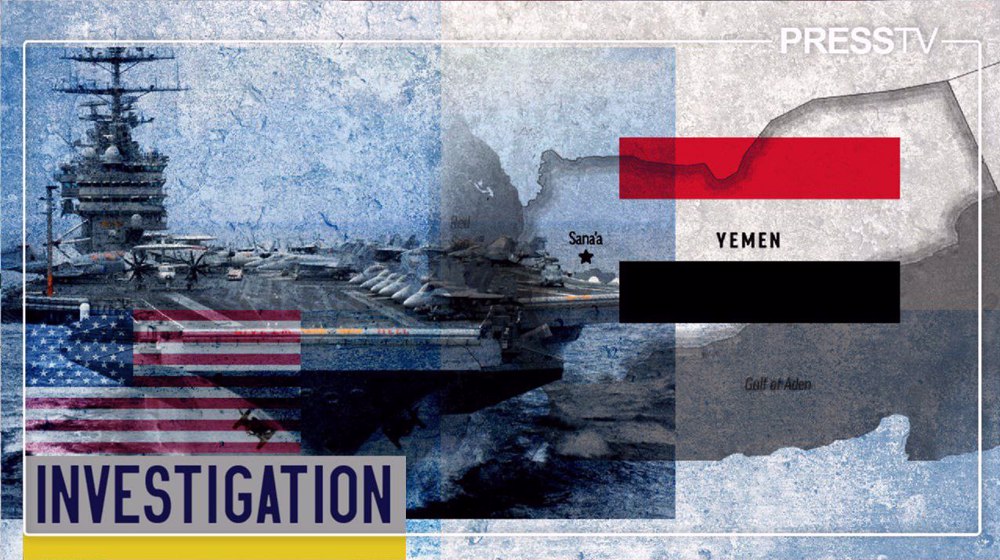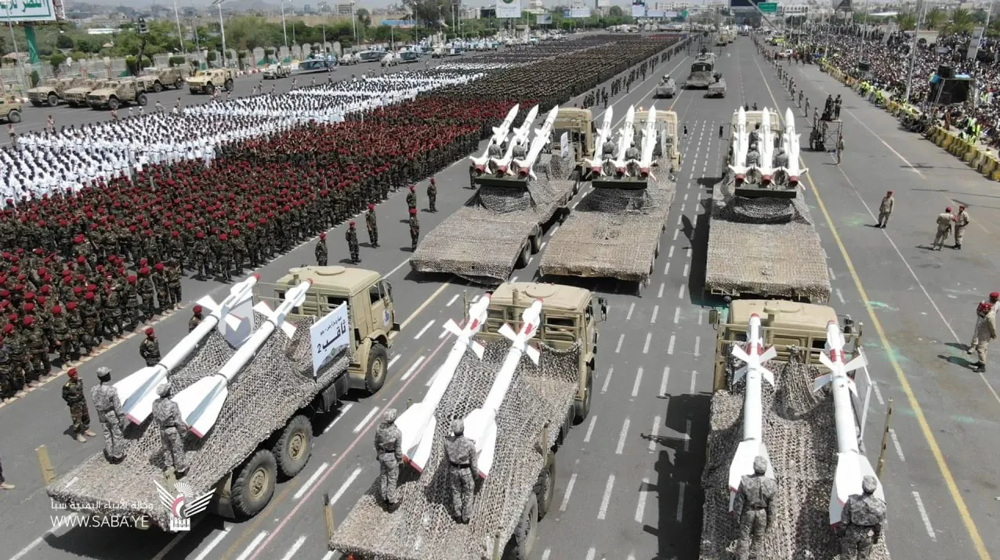UN sounds alarm over humanitarian crisis in Yemen amid Saudi war
The United Nations has lambasted Saudi Arabia’s military campaign against impoverished Yemen, sounding the alarm about the escalating catastrophic humanitarian situation in the war-torn Arab nation.
Stephen O'Brien, the outgoing UN undersecretary general for humanitarian affairs, made the remarks during a briefing on the humanitarian situation in Yemen at the UN Security Council in New York on Friday, warning that the Yemeni people are suffering from a three-fold tragedy.
“Today, millions of people in Yemen are facing a triple tragedy: the specter of famine, the world's largest ever single-year cholera outbreak, and the daily deprivation and injustice of a brutal conflict that the world is allowing to drag on and on,” he said.
O'Brien also denounced Saudi Arabia’s aerial and naval blockade on Yemen and called for an immediate lifting of restrictions to allow much-needed humanitarian assistance to the country.
His comments came shortly after UN Special Envoy for Yemen Ismail Ould Cheikh Ahmed called on the international community to seek a political solution to the almost two-and-a-half-year conflict in the crisis-hit country.
“Death looms for Yemenis by air, land and sea. Those who survived cholera will continue to suffer the consequences of the 'political cholera' that infects Yemen and continues to obstruct the road towards peace,” the UN envoy told the same Security Council session.

Cheikh Ahmed also said the Saudi war had left some 17 million Yemenis hungry, nearly seven million facing famine, and around 16 million almost without access to water or sanitation.
“This human tragedy is deliberate and wanton,” he added.
On Monday, the World Health Organization announced that a total of 503,484 cases, suspected to be infected with cholera, and 1,975 deaths, attributable to the outbreak, had been documented since late April.
The world body has on several occasions warned about the growing cholera epidemic and a looming famine in Yemen.

Since March 2015, Yemen has came under heavy airstrikes by Saudi Arabia’s fighter jets as part of a brutal campaign against the Arabian Peninsula country in an attempt to crush the popular Houthi Ansarullah movement and reinstall the former president, Abd Rabbuh Mansur Hadi, a staunch ally of Riyadh. More than 12,000 people have been killed since the onset of the invasion, and much of the country's infrastructure, including hospitals, schools and factories, has been ravaged due to the Saudi airstrikes.
The relentless aerial aggression has put well more than half of all health facilities in Yemen in a state of complete or partial shutdown. Furthermore, there are critical shortages in medical staff in over 40 percent of all districts, according to Yemen’s Health Ministry.
The US and the UK have been providing the bulk of the military ordnance used by Saudi Arabia in the war. London has licensed 3.3 billion pounds worth of weapons since the beginning of the Saudi war on Yemen.

Two-pronged retaliation: Yemen strikes Israeli targets in Yaffa, US destroyers in Red Sea

Collapsing Empire: Yemen shatters the illusion of US air power, yet again

‘Undeterred’ by US aggression, Yemen threatens to expand scope of retaliation: US media
FM: Iran, US holding ‘high-level talks’ on Saturday in Oman
Six UN agencies call for immediate resumption of Gaza ceasefire
VIDEO | Israeli crimes against Palestinians
VIDEO | PRCS reveals horrific details of Rafah paramedic massacre
Two-pronged retaliation: Yemen strikes Israeli targets in Yaffa, US destroyers in Red Sea
VIDEO | Lebanese students protest to show solidarity with Palestinians in Gaza
Iran’s top car manufacturers report fall in output
Rights groups urge UK prime minister to hold back on anti-migrant rhetoric










 This makes it easy to access the Press TV website
This makes it easy to access the Press TV website